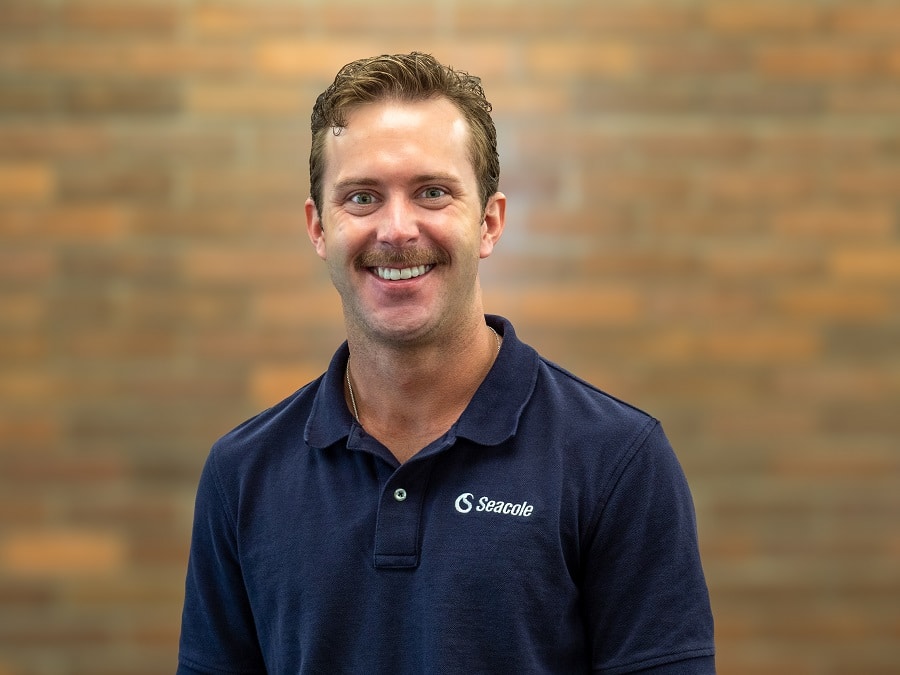You’ve installed fire extinguishers around your kitchen, keep a clean griddle and oven, and properly train your staff. You’ve got fire prevention under control, right? If you haven’t cleaned your kitchen’s exhaust hood and exhaust system recently, then the answer is no, you don’t. Here’s why.
Restaurant Kitchen Exhaust Systems Harbor Grease and Oil
The savory smells of frying burgers, bacon, and home fries sizzling on your griddle may make your guests hungry. But the smoke coming off your grill also contains fat particles that land in your exhaust system. If you don’t clean your exhaust hood, fans, and ducts regularly, the grease builds up and creates a major fire hazard.
Getting Under the Hood
The only way to eliminate this fire hazard is to prevent it from building up in the first place. Since that won’t likely happen, you’ll want to identify and hire a contractor that specializes in restaurant vent and hood cleaning. In many larger cities, there may be several contractors who are known for these specialized services. You can also consult with restaurant equipment sales & leasing companies for their recommendations.
Many municipalities require restaurants to comply with various standards when cleaning their kitchen exhaust systems. The National Fire Protection Association Standard 96 provides minimum standards and best practices for cleaning restaurant exhaust systems. The International Kitchen Exhaust Cleaners Association is a great resource, too. However, always check with your local regulations. For example, the city of Minneapolis requires a restaurant to obtain a permit prior to conducting hood and vent cleaning. Service and required follow-up inspections must be documented. If there were to be a fire, this documentation could prove that the restaurant was compliant in their maintenance program, protecting the restaurant from costly fines or legal action.
The NFPA recommends commercial kitchens clean their exhaust systems quarterly or monthly. Church kitchens, day camps, and senior centers that provide low-volume service may be able to get away with cleaning their exhaust systems just once or twice a year.
Seacole Products for Restaurant Hood Cleaning
Seacole has the following recommendations for commercial kitchen cleaners who secure contracts to keep restaurant hoods grease-free. 744-Hood and Vent Cleaner is ideal for stainless steel hoods, vents, and general equipment. 748-Gel Cleaner is another great product that attacks organic food grease. It’s very effective on heavy food grease, such as caramelized sugars. 748’s thicker formula is made to cling to the vertical surfaces of vent hoods and mushroom vents, and oven/rotisserie walls and ceilings.
Once your vents and hoods are sparkling, your contractor can finish the job with Seacole’s stainless steel polish to make all surfaces gleam like brand new. We also offer PFC2, a concentrated powdered floor cleaner that is the next generation of floor cleaners. This solution to your floor cleaning problems can be used from the kitchen, to restrooms, entryways, and even concrete surfaces of the restaurants’ parking lot or drive-thru lane (not recommended for tar or asphalt).
Don’t let a major fire hazard put your commercial kitchen at risk. Regular degreasing and cleaning can keep grime under control and keep your kitchen safe. For help selecting the right products for your restaurant cleaning challenges, contact Seacole today.





